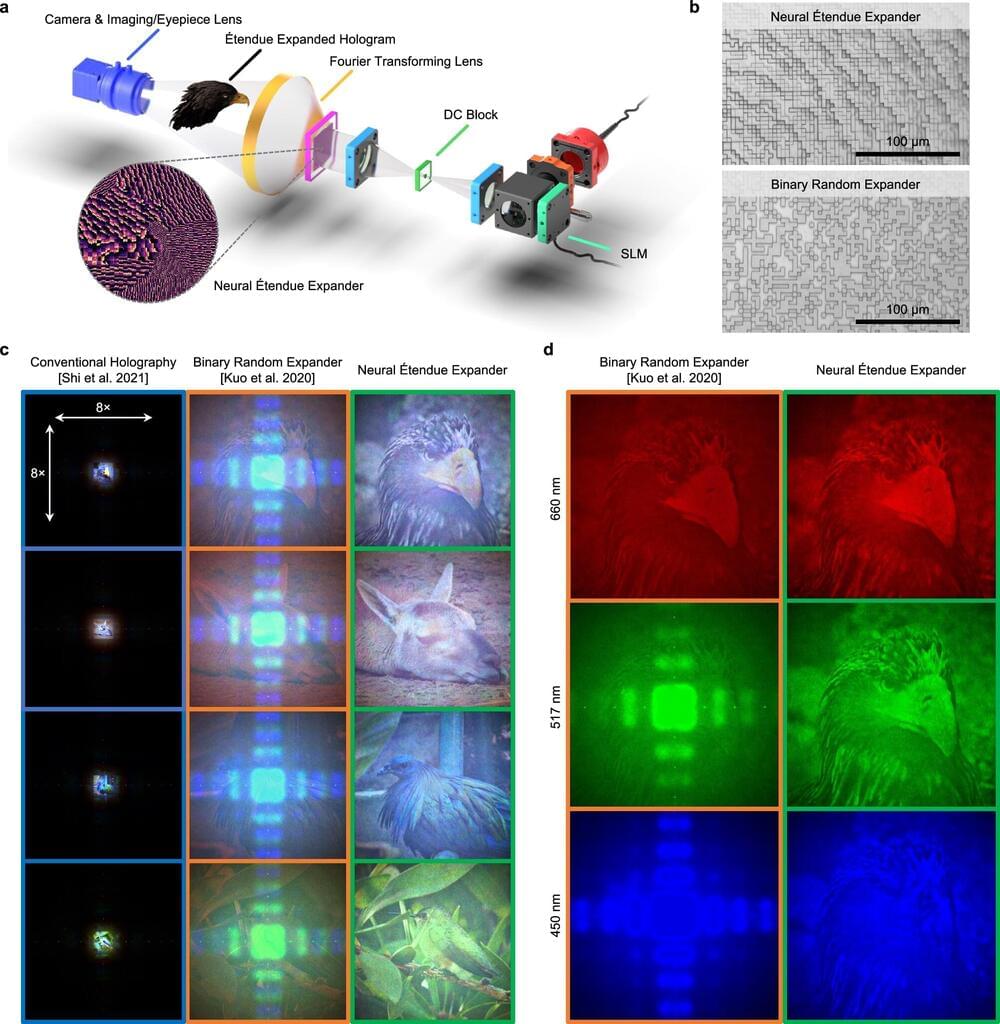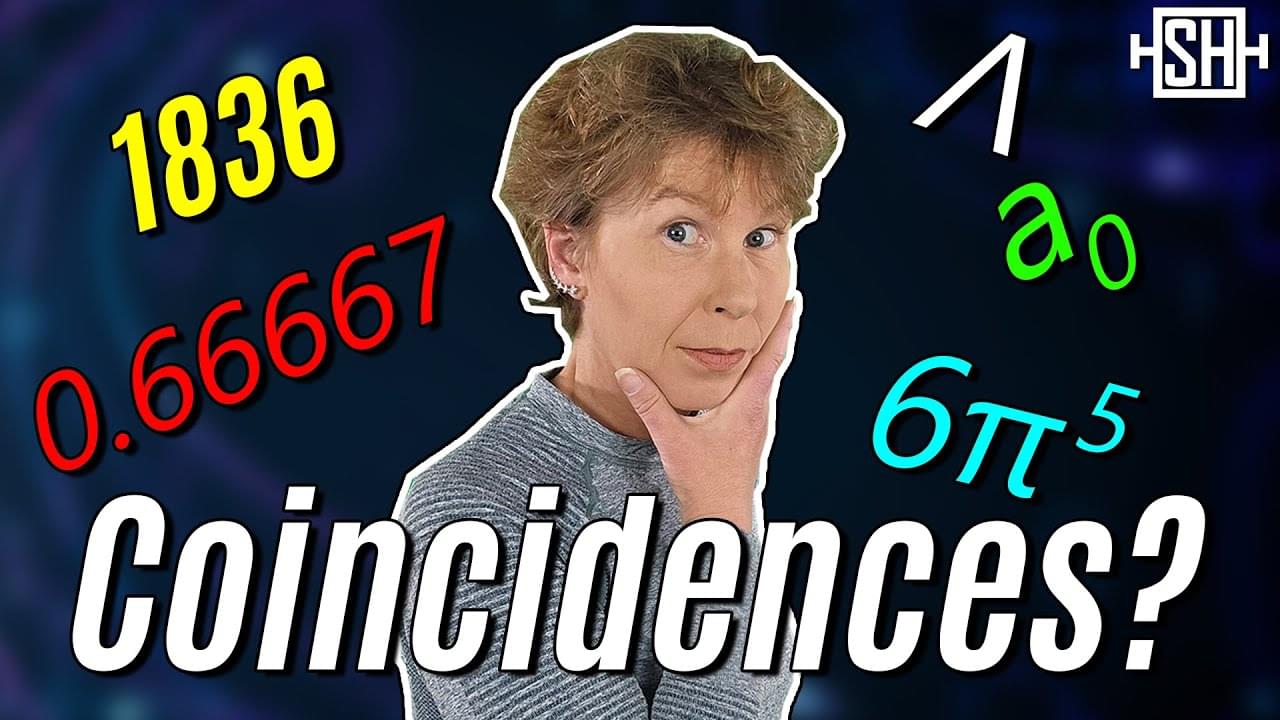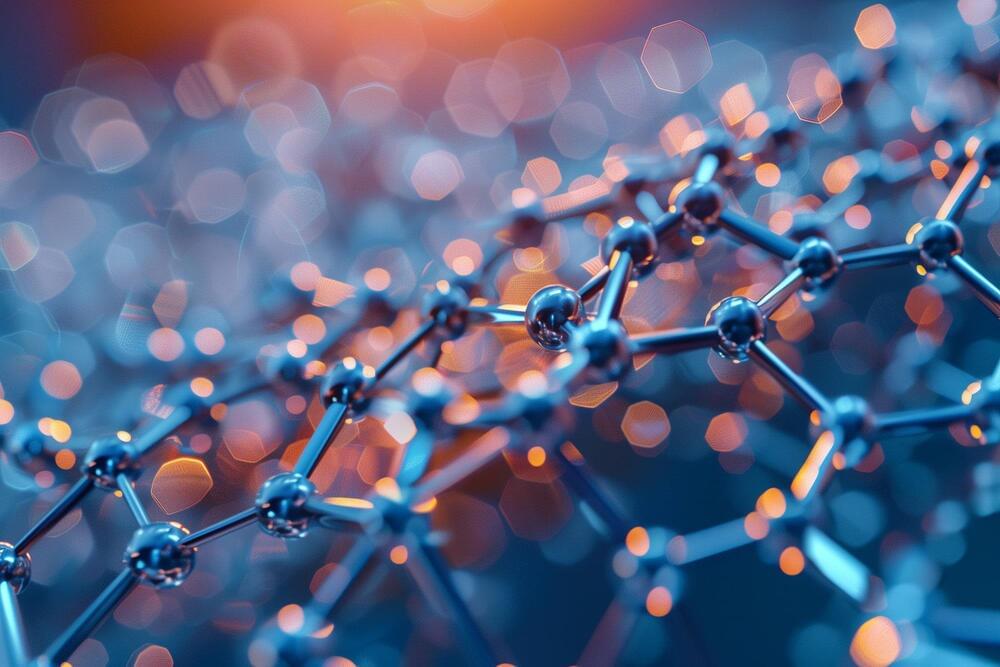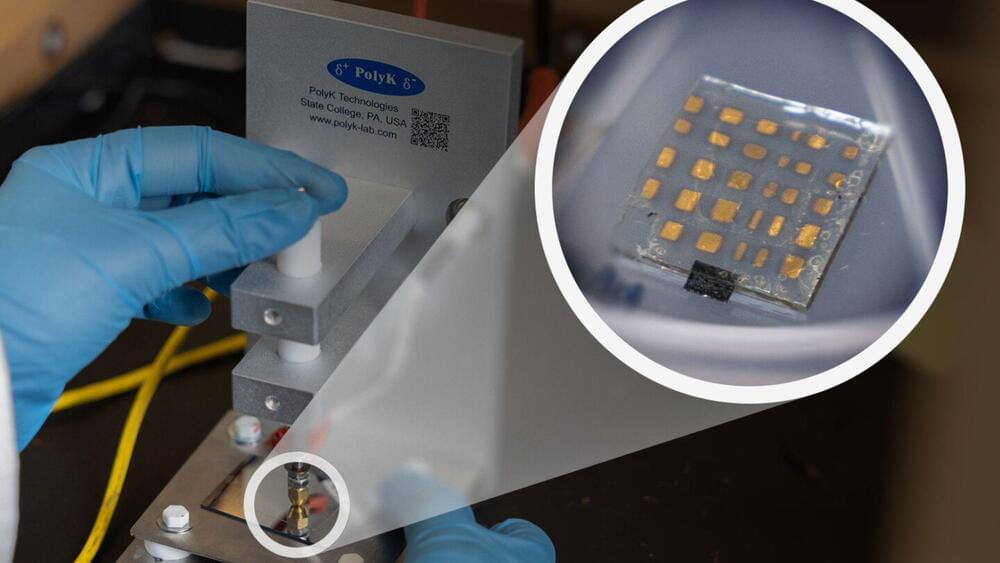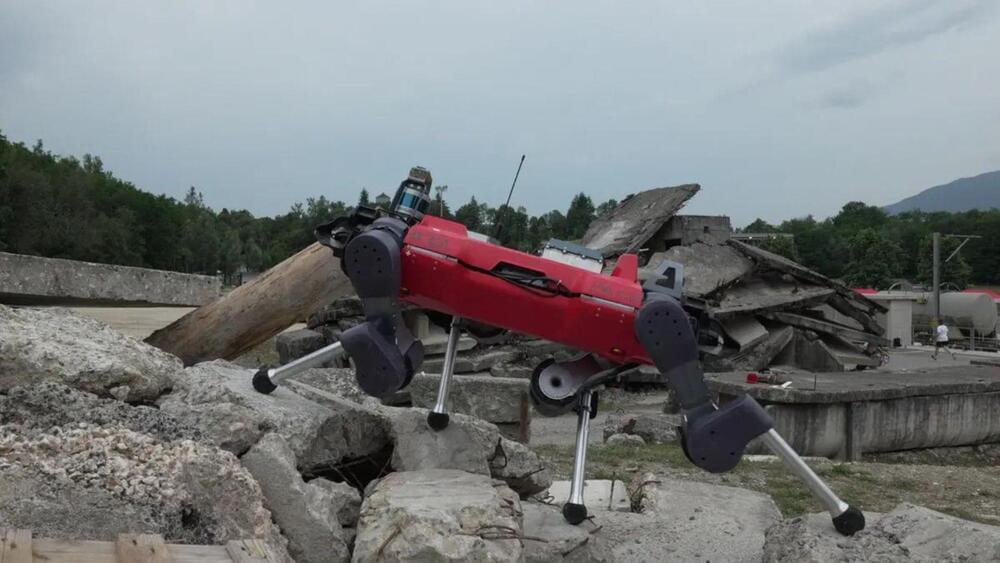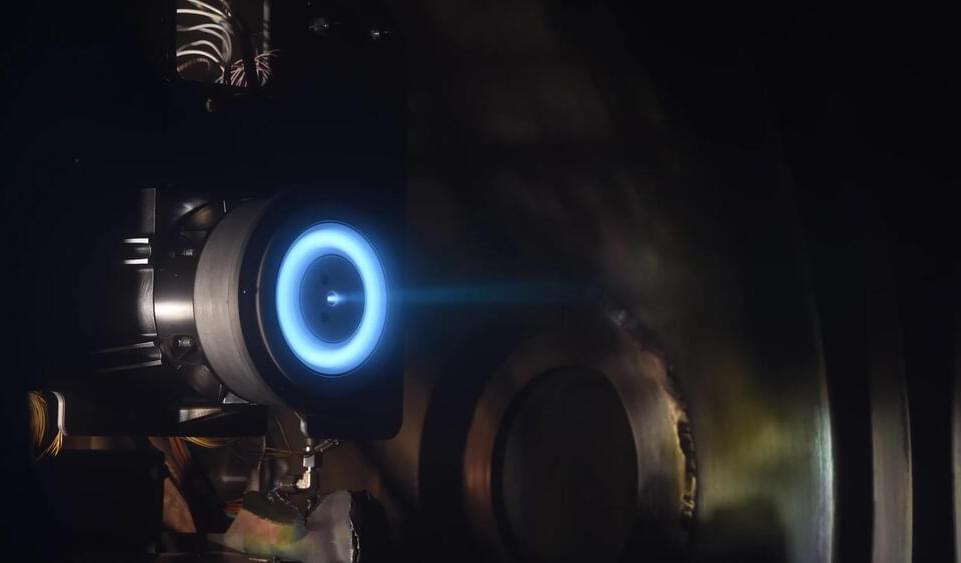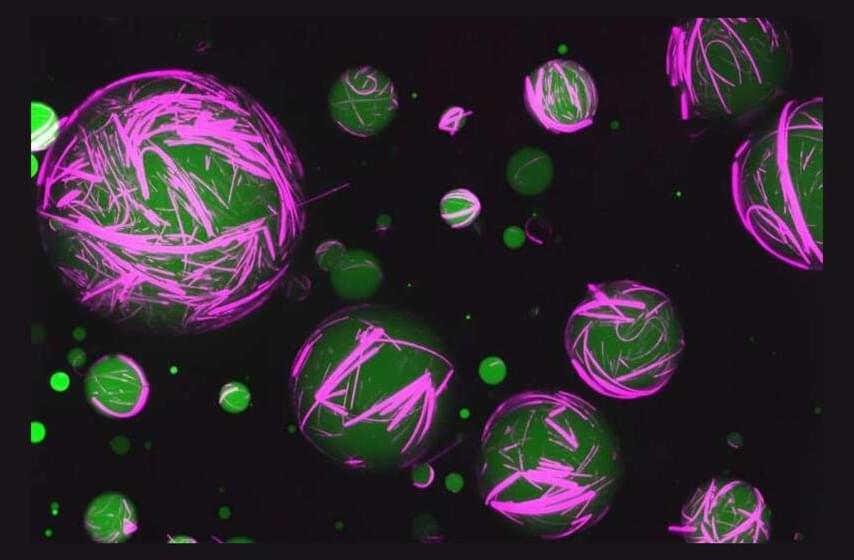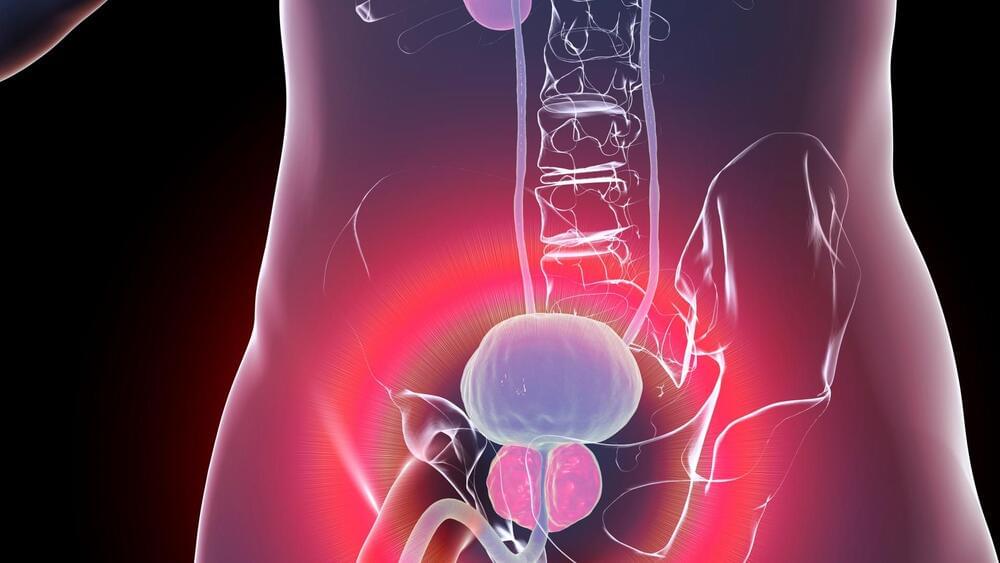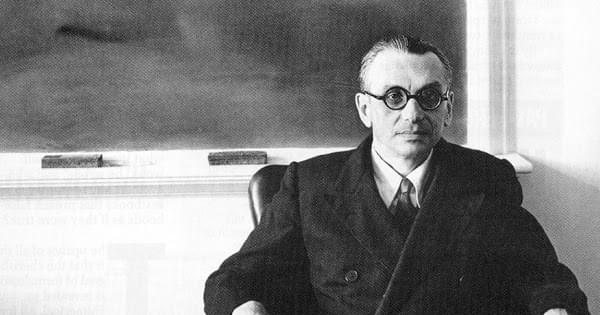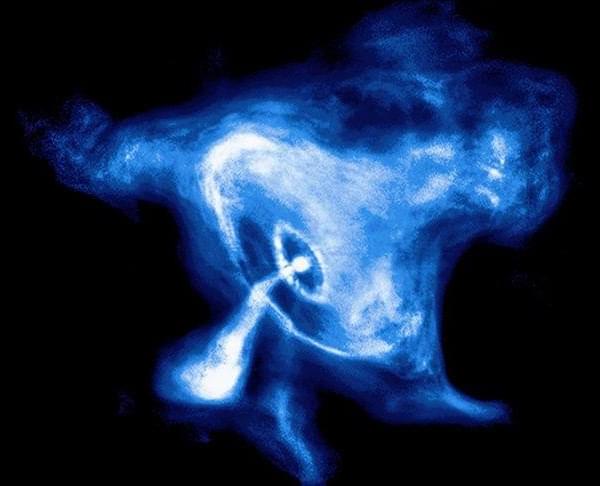Apr 28, 2024
Holographic displays offer a glimpse into an immersive future
Posted by Dan Breeden in categories: existential risks, finance
Two weeks ago it was quietly announced that the Future of Humanity Institute, the renowned multidisciplinary research centre in Oxford, no longer had a future. It shut down without warning on 16 April. Initially there was just a brief statement on its website stating it had closed and that its research may continue elsewhere within and outside the university.
The institute, which was dedicated to studying existential risks to humanity, was founded in 2005 by the Swedish-born philosopher Nick Bostrom and quickly made a name for itself beyond academic circles – particularly in Silicon Valley, where a number of tech billionaires sang its praises and provided financial support.
